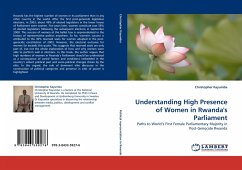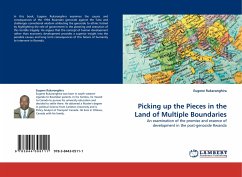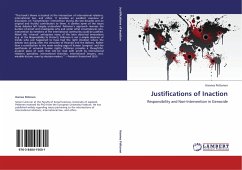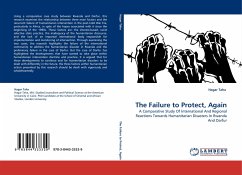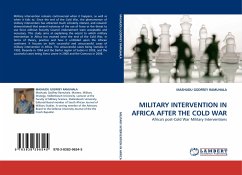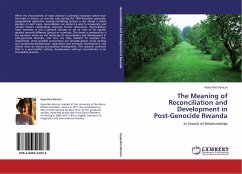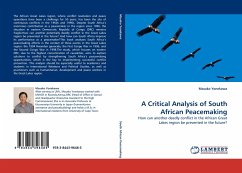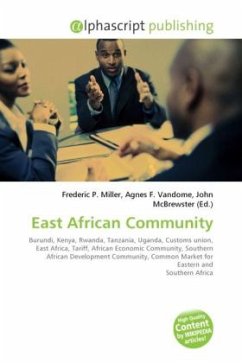Rwanda has the highest number of women in its parliament than in any other country in the world. After the first post-genocide legislative elections, in 2003, about 49% of elected legislators in the lower house of Parliament were women. Five years later, women constitute over 56% of elected legislators following the subsequent elections in September 2008. This success of women at the ballot box is unprecedented in the history of representative politics anywhere. So far, women's success is attributed to the 30% reserved seats for women adopted in the post-genocide constitution of 2003. However, the electoral outcome for women far exceeds this quota. This suggests that reserved seats are only part of, but not the whole explanation of how and why women were able to perform well in elections. In this book, the author argues that high numbers of women in Rwanda's Parliament should be understood as a consequence of varied factors and conditions embedded in the country's violent political past and socio-political changes driven by the elite. In this regard, the role of dominant elite discourse in the construction of political categories and presence in sites of power is highlighted.
Bitte wählen Sie Ihr Anliegen aus.
Rechnungen
Retourenschein anfordern
Bestellstatus
Storno

